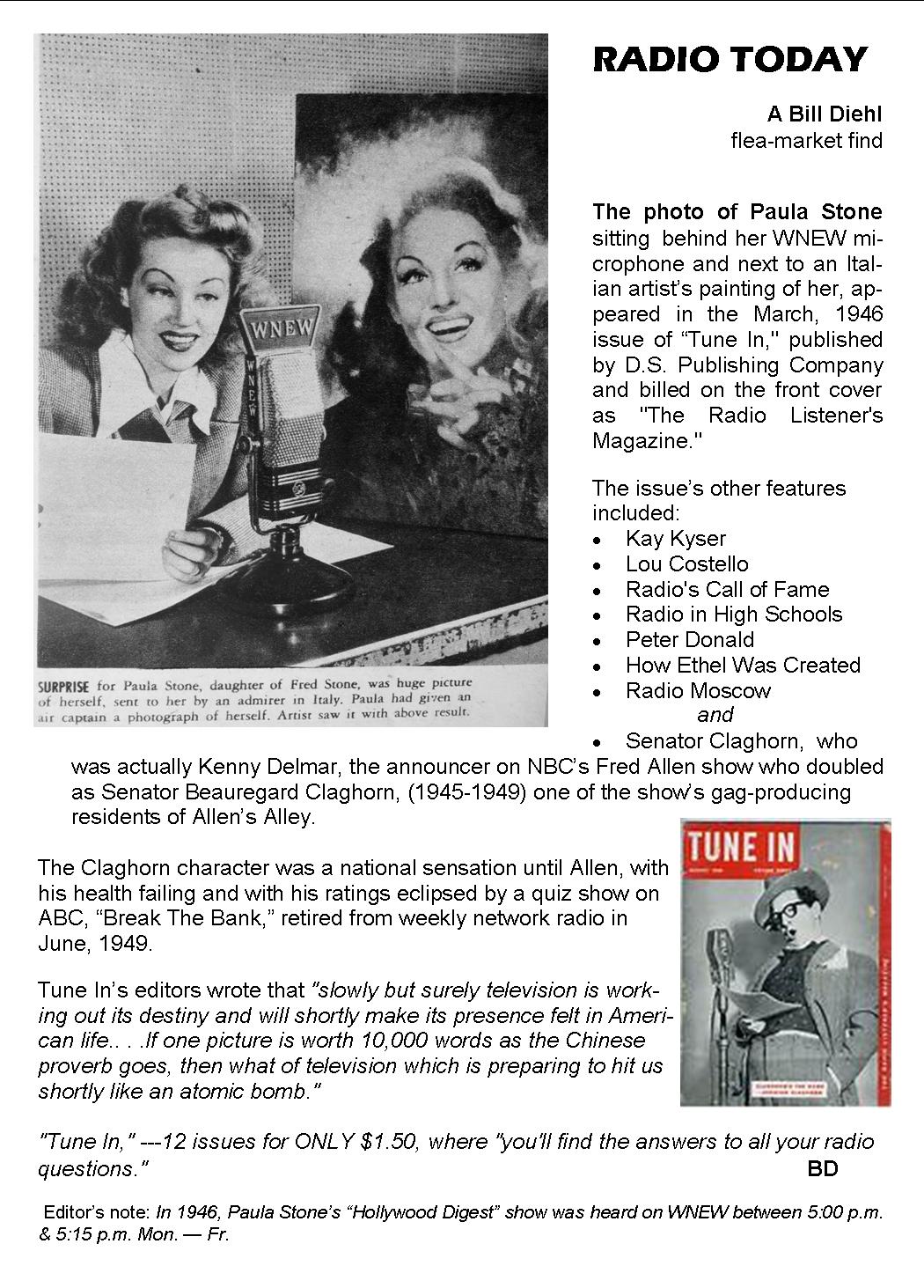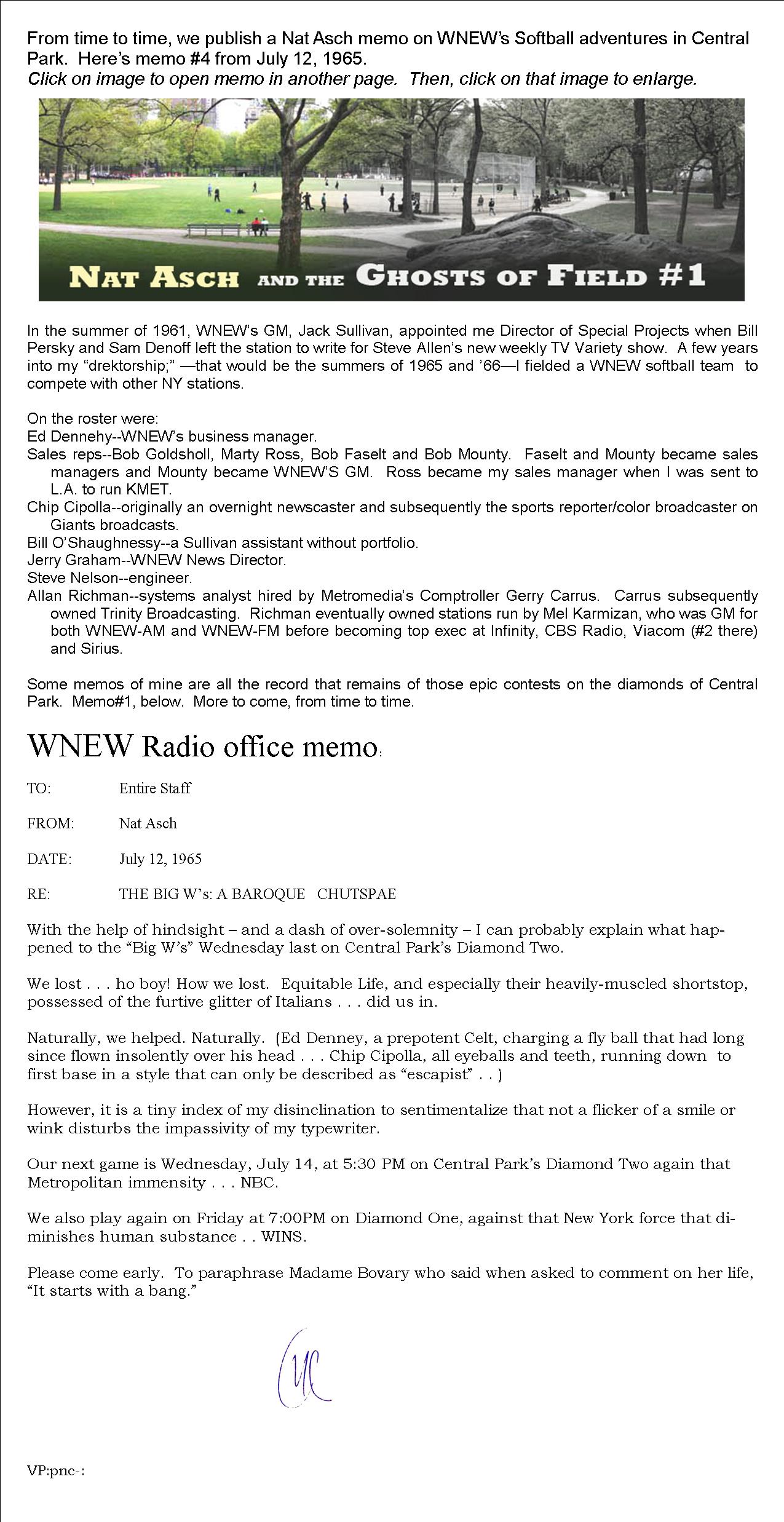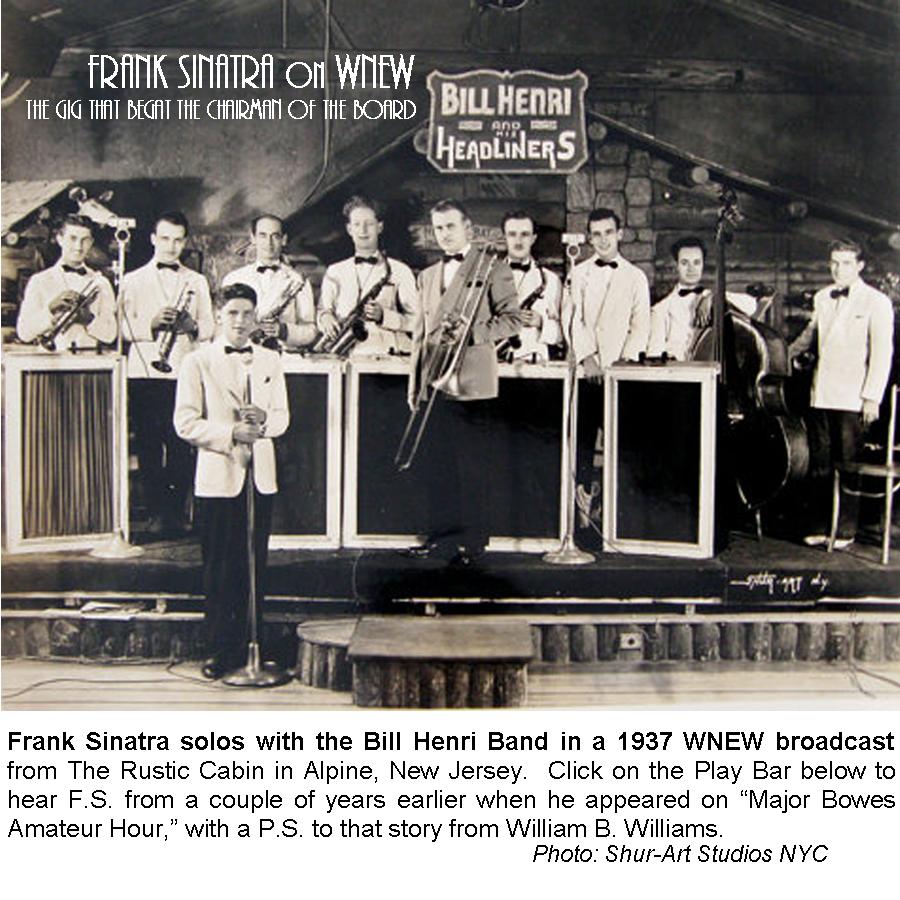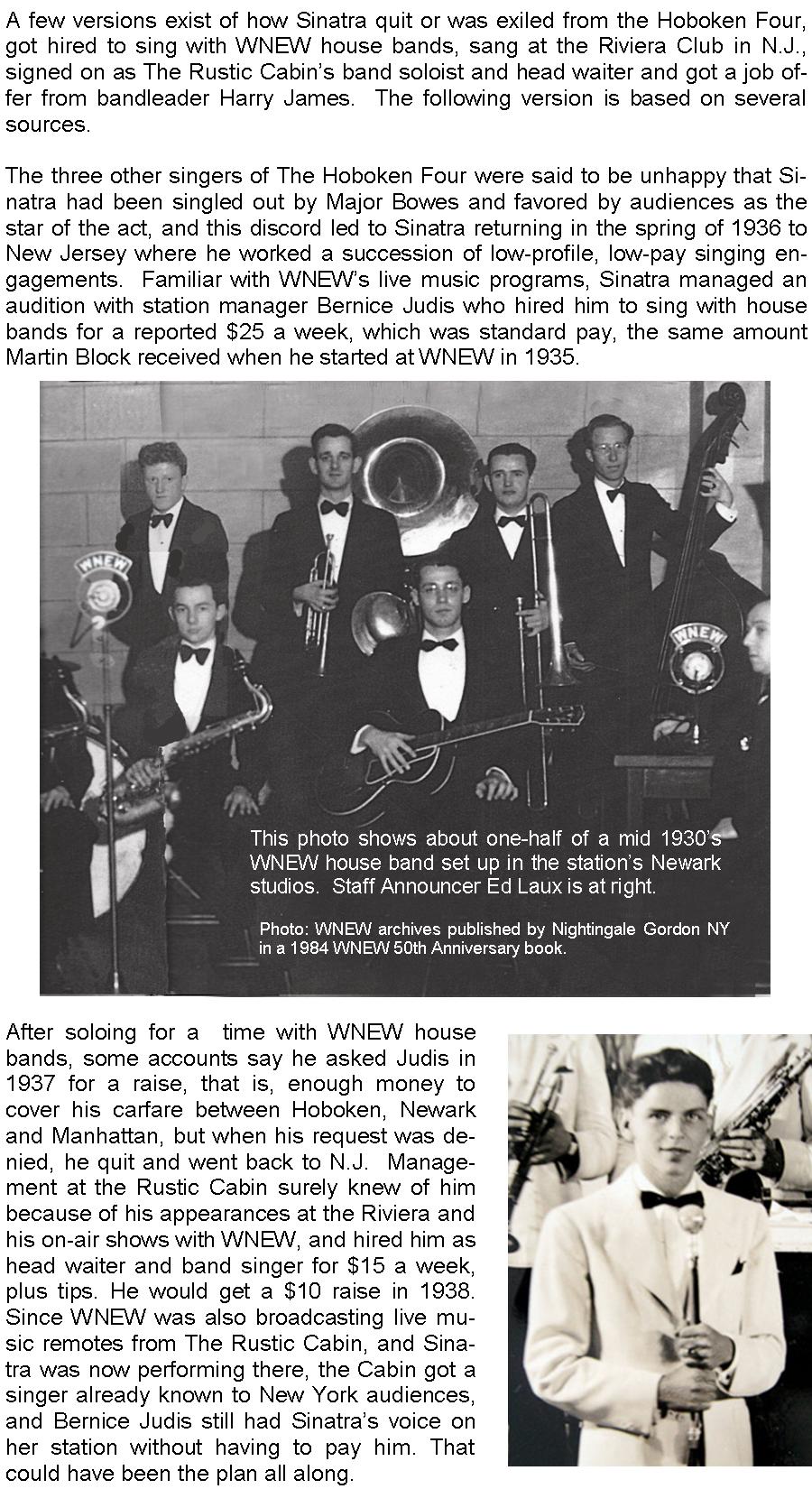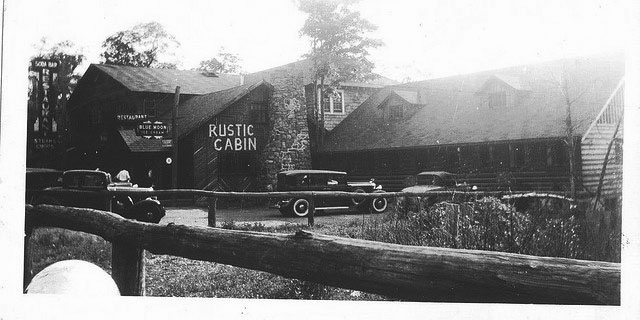WNEW’s 30th anniversary promotions in 1963, included a series of column-like newspapers ads placed in New York’s major dailies. The item below, which appeared in the Times, Journal, Tribune and News is the 5th “What’s NEW?” edition we’ve reconstructed from original clips collected by Bill Diehl.
Clicking on column will open it on a new page. Clicking on that image will enlarge it for easier reading.
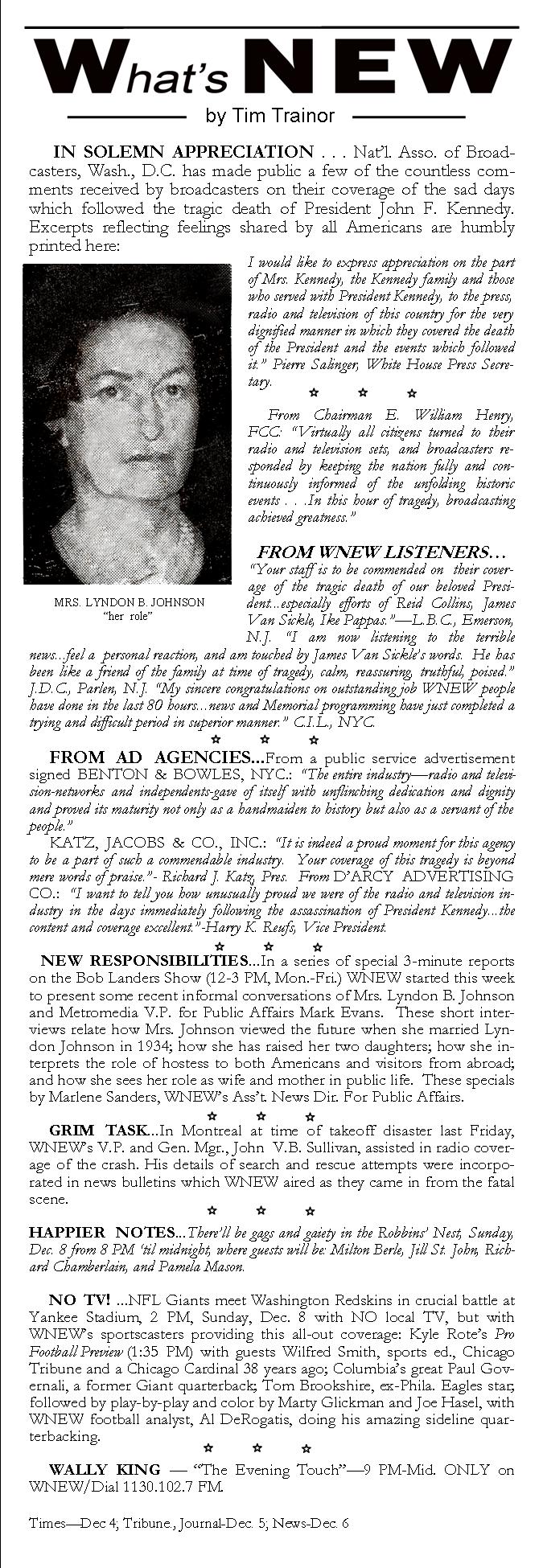
Paula Stone’s “Hollywood Digest” on WNEW
Mr. Know-It-All Really Did.
Games Gone By #4
A Memo
No Jingle-Jangle Here
WNEW Jingles cannot now he heard on this site.
Metropolitan Broadcasters LLC. has claimed exclusive rights for use of WNEW jingles. As explained in a letter to us from an attorney representing the company, Metropolitan provides Internet broadcasting services from its website and uses a particular jingle as its trademark theme song. http://www.metromediaradio.net/online-jazz-music-metromedia-radio/1130-am-wnew-jingles/. Also pending, we were told, is a federal trademark for use of the Jingle with those services.
Under warning of possible litigation, we conceded to the demand to remove all jingles from this site within ten days, by September 29, without prejudice to rights we may have now or in the future to contest Metropolitan’s claim.
Mimi Sings Our Song
Bill Diehl (a WNEW alum) writes:
A couple of months ago I interviewed Mimi Hines for a feature I was doing for ABC News Radio. She had recently turned 80 and on July 19 did a special 80th birthday show at “54 Below,” the Broadway nightclub. Mimi, who used to perform with Phil Ford, who’s gone now,(they made their debut in 1958 on the Tonight Show with Jack Paar) had fond memories of WNEW and those wonderful station breaks. So with a little help from her pianist Russ Kassoff, she performed one of the jingles for me.
http://www.youtube.com/watch?v=kuwZE_jxkcY&feature=youtu.be
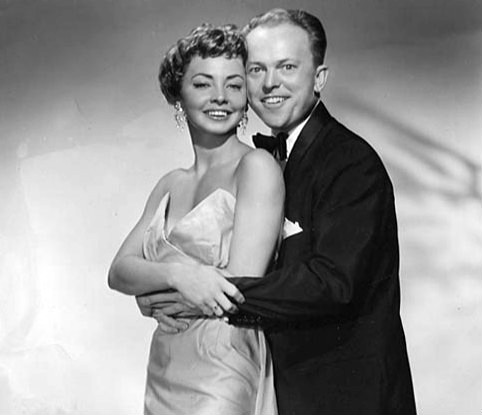
from PLAYBILL — Hines made her Broadway debut when she replaced Barbra Streisand in Funny Girl, performing the lead role for 18 months. Since that time she has starred in several national tours, recorded numerous albums, and returned to Broadway as Miss Lynch in the Tommy Tune production of Grease!. Hines was also seen in the York Theatre Company’s production of 70, Girls, 70, part of its “Musicals in Mufti” series, as well as the City Center Encores! production of Follies.
mimihines.com
playbill.com

